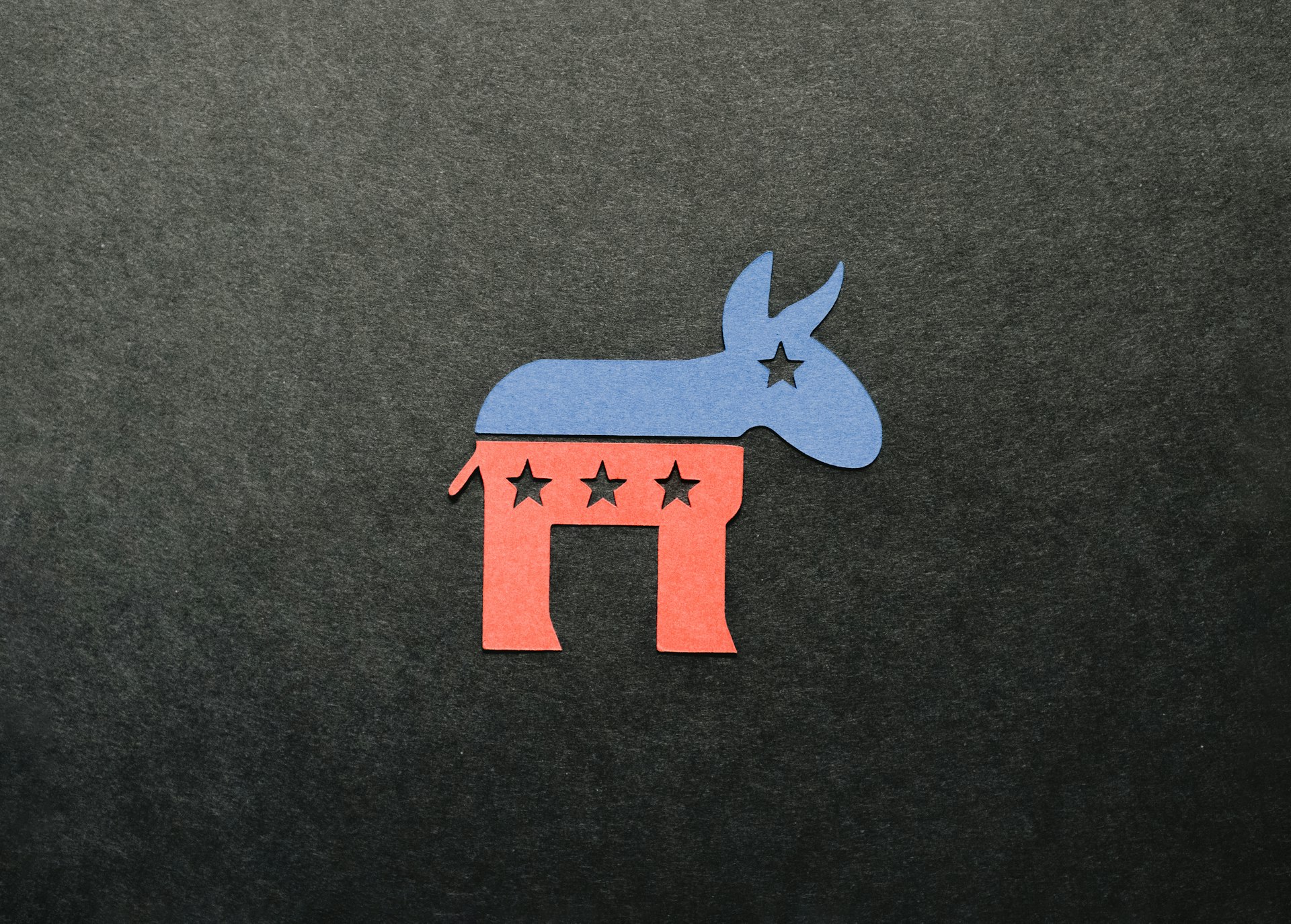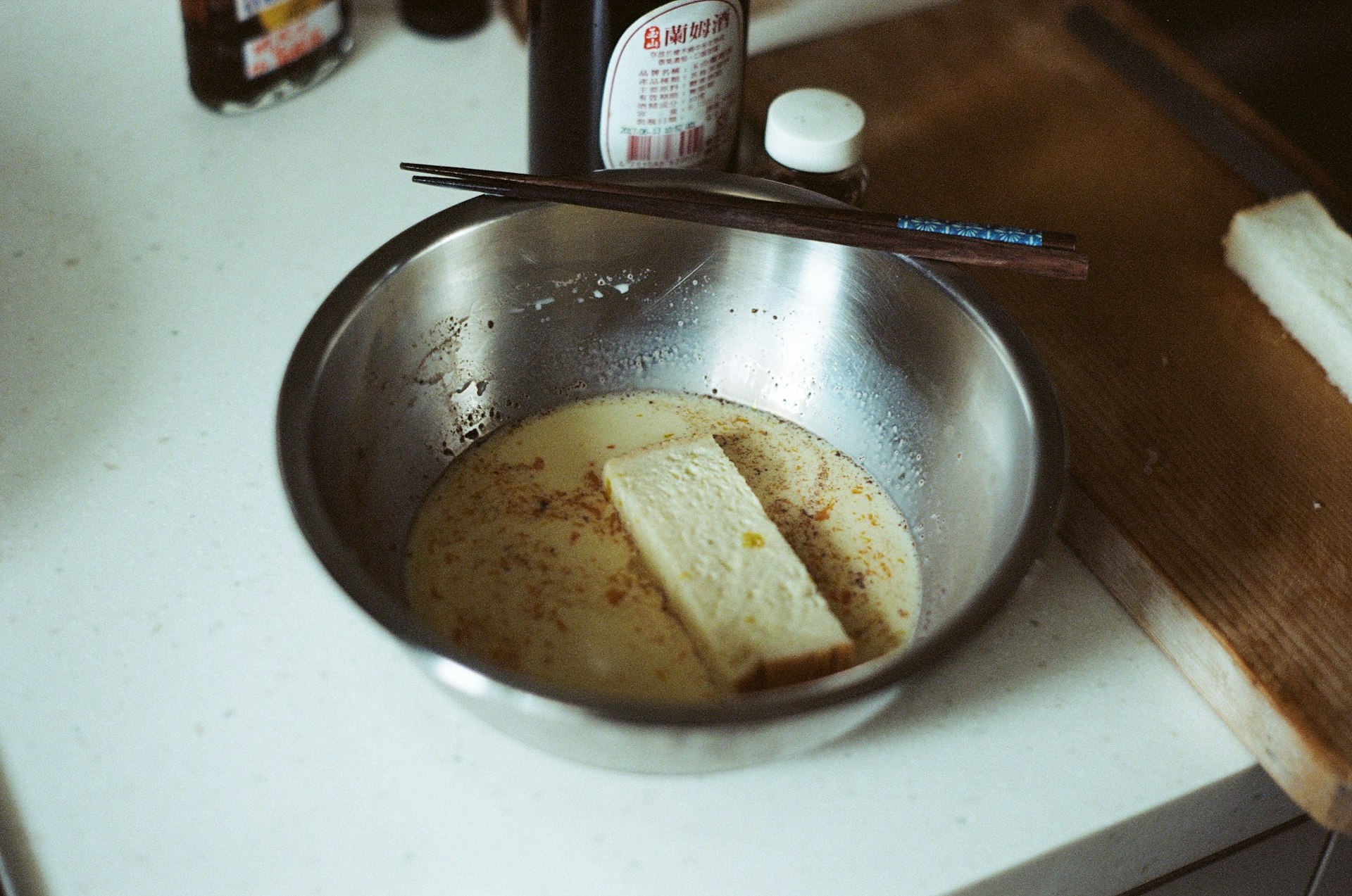Why Quality Time Creates Lasting Value Beyond Material Gifts

Photo by Denisse Leon on Unsplash
Introduction: The Enduring Power of Shared Moments
In today’s fast-paced world, the value of genuine connection often gets lost amid the pursuit of material possessions. While physical gifts can excite and impress, research and personal stories increasingly show that quality time spent together and shared experiences create much deeper and longer-lasting happiness. People are shifting their focus from buying things to investing in memories, realizing that what truly matters is the time and meaning we share with others. This article explores why quality time outshines material gifts in building relationships, boosting well-being, and creating lasting value-and how you can make this shift in your own life.
The Science: Why Experiences Matter More Than Things
Multiple studies have demonstrated that experiential gifts -such as trips, concerts, or shared adventures-lead to stronger relationships and greater satisfaction than material possessions. According to research from the University of Toronto, giving experiences fosters deeper social bonds because these gifts are more emotionally evocative. When recipients live through an event, whether it’s a family vacation or a cooking class, the intense emotions and memories created strengthen the connection between giver and receiver [1] . This effect holds true even when the giver is not present during the experience, as the act of sharing an experience-directly or vicariously-still boosts relational closeness [2] .
The reason is clear: experiences trigger stronger emotional responses and are more likely to be shared and remembered. Unlike material items, which may lose their novelty, the value of memories often grows over time. The anticipation of an experience, the pleasure during the event, and the retelling of the story all contribute to sustained happiness [3] .
Real-World Preferences: What People Really Want
Recent surveys reflect this growing preference for experiences over objects. According to a study cited by Brigham Young University, 51% of people prefer receiving a trip or travel experience, 40% want to attend a show, and 30% favor outdoor activities over physical gifts [5] . Many individuals report that making memories with loved ones brings more joy than acquiring new possessions. One participant described how a family trip helped her connect with her heritage and created a cherished memory that no material object could match.
These findings echo the broader trend of people seeking connection, meaning, and unique experiences-especially in an era where material goods are easily accessible but true connection can be elusive.
The Psychological Benefits: Happiness, Identity, and Connection
Giving and receiving experiences not only strengthens relationships but also enhances well-being. Research published in the
Journal of Consumer Research
found that experiential purchases lead to greater satisfaction, less regret, and more happiness than material goods
[2]
. Experiences are more likely to become part of a person’s identity, contribute to self-growth, and provide stories to share. The memories built from shared experiences can be revisited and relived, reinforcing bonds over time
[3]
.
Furthermore, material possessions often lose their allure as we adapt to them, a phenomenon known as the “hedonic treadmill.” In contrast, the anticipation and recollection of experiences continue to bring joy, making them a wiser long-term investment in happiness.
Implementing Quality Time: Practical Steps and Guidance
If you want to prioritize quality time and experiences over material gifts, consider the following steps and tips:
- Identify Shared Interests : Start by discussing with loved ones what activities or experiences resonate most. This could be as simple as a hike in a local park, a cooking class, or a weekend getaway. Listen for cues about what would be meaningful.
- Set Aside Dedicated Time : Block out time on your calendar specifically for shared experiences. Treat these moments with as much importance as work meetings or appointments.
- Plan Together : Involve everyone in the planning process. Research shows that the anticipation of an experience is part of the joy, so collaborate on choosing activities and making arrangements.
- Balance Cost and Creativity : Not all experiences have to be expensive. Simple acts-like a family game night, a picnic, or volunteering together-can be deeply meaningful. Focus on connection, not cost.
- Create Traditions : Establish regular rituals, such as monthly outings, annual trips, or weekly dinners. These traditions provide recurring opportunities to strengthen relationships and build lasting memories.
- Document and Share Memories : Take photos, write journal entries, or create a scrapbook. Reflecting on shared moments helps reinforce the value of those experiences.
- Gift Experiences Thoughtfully : When giving, consider the recipient’s preferences and current life circumstances. Some may appreciate time-saving gifts or opportunities for relaxation more than objects [4] .
If you are looking for specific experience gift ideas or want to book an experience, you can search for reputable experience-based platforms online or consult local event websites. When purchasing tickets or booking activities, always use trusted providers and verify authenticity before making any payment.
Addressing Common Challenges and Alternatives
Some people may feel pressure to give material gifts due to cultural expectations or traditions. In such cases, consider combining a small physical token with a planned experience, or explain your intention to prioritize shared moments. If travel or costly experiences aren’t feasible, focus on local or low-cost activities that still promote quality time. For those separated by distance, virtual experiences-such as online classes or video calls-can also foster connection.
It’s important to recognize that not everyone values experiences in the same way. Some recipients may genuinely appreciate material gifts for their utility or sentimental value. The key is to match the gift to the person’s preferences and to communicate the meaning behind your choice.
Key Takeaways: Building Stronger Bonds Through Quality Time
Prioritizing quality time and experiences over material gifts isn’t just a trend-it’s a powerful way to deepen relationships, enhance happiness, and create enduring memories. While material gifts can bring temporary pleasure, shared moments and meaningful experiences provide value that grows over time. By intentionally investing in quality time, you can nurture closer connections and enrich your life and the lives of those around you.

Photo by Sasun Bughdaryan on Unsplash
To explore more about the benefits of experiences, consider searching for recent studies on experiential gifting, reviewing reputable news sources, or visiting official university research publications. If you’re seeking ideas, use search terms like “experience gift ideas” or “ways to spend quality time with family.” For support in organizing or booking unique experiences, look for established platforms with positive reviews and clear safety policies.
References
- [1] University of Toronto (2016). There’s a science to gift giving: experiences are better than material items.
- [2] Chan, C. & Mogilner, C. (2016). Experiential Gifts Foster Stronger Social Relationships than Material Gifts. Journal of Consumer Research.
- [3] Follow Alice (n.d.). Why experiences are better gifts than things.
- [4] Lee-Yoon, A., et al. (2020). Consumers’ Response to Gifts Intending to Save Time and Money. Harvard Business School.
- [5] The Universe (2023). People prefer experiences to physical gifts, study finds.
MORE FROM jobzesty.com













